|
It would be more newsworthy to write that the 70s were running on time. With breaks of only six minutes all day, the 70 has perhaps the least realistic schedule in the system; an extra few red lights at 10am will still be reverberating through the schedule in the evening rush hour. A result of a 2009 County Council mandate, the new 70 schedule is something most passengers have acclimated to. They're adept at understanding the initially confusing prospect of skip-stopping- it's no surprise to see two (or three) 70s in a row, alternating the stops to more evenly distribute the load and expedite travel.
The record I've seen is six 70s in a row- over an hour's worth of service all in one place! It was a 70 caravan, and I had to laugh. In true Steibeckian fashion, there is no identifiable culprit. The driver's abilities are limited by traffic; the service planners are restricted by the Council and their private interests; the budget deficits motivating the audit which led to the aforementioned mandate were instigated by the economic downturn, the causes of which I leave to individuals more qualified on the subject than myself. One end result is the alternately mystifying and hilarious sight of six 70s trundling down 15th. Talk about options. Your choice of drivers, seats, attitudes, temperatures, people... I'd get nowhere being frustrated by it. I've filled out the relevant paperwork, and even spoken to a couple service planners on the issue; one ruefully rolled his eyes upon hearing the number "70." "Oh, Lord. Believe me, we know," he said. "We get complaints about that one every day!" He needs a thousand service hours to fix the route, and he knows exactly how to do it. But as Metro faces a possible seventeen percent cut in service, you could say the timing isn't quite right. With the lack of a funding source, the question isn't what to fix or add, but rather which routes (and drivers) to cut. I used to apologize for being late. I don't anymore, because I'm not at fault. I let passengers express their frustration- they usually don't need an explanation, just a chance to vent (sample conversation: "You're late!" "Yes, we are!"). As mentioned earlier, some folks seem to grasp the impossibility of blame in this situation a bit more clearly. Maybe their high-school readings on Grapes of Wrath are still lingering on the brain. In any event, the thing to do when buses of the same route get stacked is to skip stops. If your follower is visible, and you don't have dropoffs, he'll take care off the passengers of this upcoming stop while you go and pick up for the next zone. This puts space between coaches and speeds up the process for everyone- even that sixth coach, the lonely driver of which will finally- hopefully- actually get to do some work! If a bus passes by you by, look behind it- it's likely that the following bus is right on its tail, with plenty of seats to boot. On one such evening I pulled into Prefontaine northbound and thought about skipping, because Gregg, my follower, would be visible behind me in about five seconds. One man stood at the zone. Something in me hesitated, and I stopped and opened the doors anyway. "Hi," I said to the young German man. He was carrying- dragging is more like it- a haphazard brotherhood of bags and suitcases that had to weigh more than he did. "Hey. Are you going to Eastlake Avenue East and East Lynn Street?" He was loud and friendly, like me, and out of of his element, as I have been. "Eastlake and Lynn, yes! I would love to go there!" You can sense when someone is relieved to the point where they can let their guard down. He was among friends now. He explained his bewildering search for the elusive 70, how he'd asked around in the tunnel and received confusing answers- this was right around the time when the 71 expresses in the tunnel are still running, the 70 upstairs is almost done for the night, and the 71 locals haven't started up yet. It can be confusing even if you do live here. "Where you comin' from?" "Germany!" "Oh, excellent!" "Yeah, it's like four o'clock in the morning for me right now!" "And you're still happy! I'm impressed!" This was the last leg of a twenty-three hour journey. Immediately we began trading war stories of long-distance travel. It's a joy to see the smile of recognition on his haggard face. Both of us light up, talking of day-long plane rides and missed connections. "It's so crazy to me, that by just sitting still on all these different machines, you can cross over to the other side of the world..." "Yes, it's like, I ate breakfast this morning eight thousand miles away!" He's here visiting an American family he once lived with, whom he hasn't seen for many years. I ask him if they have trolley buses in Germany. They do. He also mentions that like here, Germany has the full gamut of bus driver personalities- some talk a lot, and some don't. Somehow this is a surprise to me- in the countries I've traveled in, the bus drivers are dour, grim young men, understandably dealing with traffic far more "interesting" than anything we have here. So I'm enlivened to hear this. In this world of continuing flux, constancy warms my heart, sometimes even if it's negative. I recall wandering around on the notorious Hastings Street in Vancouver, taking in the milieu. Cars honked, people flipped each other off, guys were yelling at bus drivers and missing their connections... And I felt great. The human condition was in lively form here. Lao Tsu wrote that the ten thousand things rise and fall, but nothing ever actually changes. Study the natural order of things, he suggested, such that you can flow with it rather than against it. I looked at the tumult going on around me, angry shapes in the stark afternoon sun, and felt comforted in a way I still have trouble articulating. It was as if the commonality of the human spirit, in both good and bad form, was showing its familiar face; I looked upon this face I know so well, and I smiled. There was nothing uniquely wrong or flawed with Seattle, the face told me. This stuff is happening everywhere, and we keep moving right along, figuring out our different ways to deal. So the idea that way out in Hamburg, amongst the slick, dense rush of traffic, there are drivers chatting it up and loving the joyful chaos of their job- this thrills me tremendously. Some things never change. At Lynn Street our friend- Toby- got out. I told him the cardinal directions, and where the water was, setting him on his course. Also deboarding was a lovely young woman and her friend, who'd been listening to us. Out on the sidewalk she began speaking to Toby, in fluent German. They all got excited. It was dark outside now, but it was a comforting darkness. I watched them as I closed the doors, watched as they reveled in the sameness of being human. You can feel at home on the far side of the universe. I'm so glad I stopped for him.
4 Comments
"We're just goin' to the nex' stop."
Somehow that's how it often begins. He slurred it out as best he could, stumbling around at the front. In tow was a woman about his age, forties, with her grandson, a boy of about eight. The boy was a touch chubby, and had a chocolate milkshake in hand. The speaker was a dedicated drunk. Worn-down, nondescript blue and black clothing; his friend and her grandson were a little more put together. They were sober. Our bus being somewhat full, the boy stood in the aisle while they sat, near the front. "Ey, sit the fuck down, boy. Got to play by th' rules," he said to the youngster, who didn't respond. Quietly, the young Grandmother: "don't talk to him like that." The boy in question impressed me; not only did he seem utterly unfazed by the father figure's barbs, but he didn't feel the need to put up a front, either. He wasn't stoic, or too cool for school, or any other defense mechanism; he was simply there, doing his best to ignore the negative energy, enjoying another sip of that milkshake. "Stop holdin' on them bars like a li' girl, and sit the fuck down," "But I like standing," the boy replied in a kind voice. It's the kind of voice you could never yell at, if you were sober. "Keep runnin' your goddamn mouth, you little motherfucker. I'ma show you how this world work." "It's okay." "Watch what happens, boy." We're at a red light. I turn around to face him. "Hey," I say in a normal voice. No response. Again, loudly: "HEY! MAH FRIEND!" He snaps to attention. Everyone is instantly silent. Back to normal volume: "I don't think you need to yell at that boy." "Fuck is you talkin' to. I got nothin' to say to you." "Don't yell at him, man. Yell at me." "Wha..." "Yell at me." "Man, shut the fuck up. I say the fuck I wanna say," "Go on, man, get it outta your system," "Little kid tryna stir some shit," "Aw, don't stop now!" Every minute he's yelling at me is another moment of respite for that boy. My heart goes out to the young fellow. I wonder if he has to listen to this all the time. "Grabbin' them bars like a pansy," he says to the youngster, turning to me again. He contemplates life for a moment and then says to me, in a tone of revelation, "I bet you's a faggot!" "I said get it outta your system," "I BET YOU APPROVE UH GAY MARRIAGE," he lurches out. "Yup yup yup, lettin' it all out, good," Into the microphone I say, "have a good night, everyone-" "-Faggot-" "Thanks for hangin' out-" "Wearin' nice pants and shit," "You folks stay stay safe this evening-" "Crease down the middle," "Maybe see you tomorrow;" now our friend is getting up, balancing, as we pull into the next zone- "Broadway and Jefferson, everyone, hope you all have a great evening-" "Muth-a-fuck-in asshole, tellin' me the fuck to do, you all dressed nice, lookin' good for the ladies and shit," We're almost at the zone. People are getting up, milling about, thinking let me outta here. He stands. "Fuckin' buttons and shit, gay-ass-" I get off the mic and look him in the eye: "Hey, listen. You have a good night now." There's a way to say that line in a voice that cuts to the bone and twists like a knife. I'm a little ashamed to say that that's exactly how I said it. Perhaps I shouldn't have. Why? Because he used to be a toddler once, who was probably yelled at exactly as he's yelling now. Deep down there, buried at the moment, dwells a kernel of goodness. He must have heard my tone, because he paused and said, in a measured tone of furious confusion, "What the fuck?" You could almost hear his voice crack, like a teenager whose surprise has overtaken his anger. He's towering over me now, teeter-tottering, a spinning top starting to slow. In his mind though, he's still Genghis Khan. He's Patton at Messina. Hostile, belligerent, pugnacious: "What's your name?" Walking out to my coach at East Base once, another driver was telling me what to do if passengers complain about the air conditioning. "It's too cold," they told me, on the 212. The air conditioning unit on a hybrid coach is actually a climate control system that blows a mixture of hot and cold air to achieve an average temperature. The hot air emanates from the center of the bus, and cold air blows out of the front and rear. Thus, based on where you're sitting, the temperature can feel hotter and colder than what is intended. "So when they give you grief, Nathan, tell them- with confidence- that the AC unit works like this, that it does this and that in the back of the bus and so on. Don't say you don't know for sure. Be polite, but project confidence. That's what'll get through, more than anything you actually say. They just want to know somebody's in control. They'll hear you say something about heating and cooling, but the point is you sound like you know what you're doing. They can relax." That's what flashed through my head as I said, with confidence- both of us practically shouting now- "My name is Nathan!!! You have a goooood night!!" There isn't anything else the poor guy can say. My guard is that I have no guard. He stumbles down the steps, onto the sidewalk, one foot crossing out, balance is going, and there he goes, tipping on the slanting pavement, slipping, falling, everybody watching, the boy sipping his milkshake, this dark, lanky figure against the white cement squares, crumpling down formless, collapsing into a young tree. His body slides into the landscaping, arms almost laconically reaching up towards air, rolling through nothing, small bushes and beauty bark, victim of gravity and vice. Not a soul offers help. They just watch. Young Grandma watches her friend try to stand up. "Sorry about this," she says to me. She means it. "Are you gonna be okay?" "Oh, yeah. Yeah, Ah be alright." Two hours later she got on again, alone. Was that her? "Hey," I said. "Are you the gal from earlier...?" Yes, she was. "Your man back there looked like he wasn't having a very good day." "Yeah, he just my friend. I ain't seen him in a while, we went and had a couple beers." "A couple?!" "Yeah! He kinda gets like that." "Guess we all have that friend drinks a little too much." "You got that right!" "You know, I'm glad you got on again, 'cause afterwards I felt bad about yelling at him. I shoulda been nicer to the guy." I wondered how he would react if I saw him again. "What? Oh dude, don't worry about it. Yeah, he's legally blind and pretty deaf. Always thinks people are out to get him." "Okay, okay. I felt bad for your boy!" She explained he was her grandson, and I told her to congratulate him on his attitude. I should have taken that chubby kid by both his shoulders and said, you are awesome. You deserve all the great insight this life has to offer, and you should run this town someday. I should've done everything that can be done in five seconds to balance out however many hours, weeks and years he's had to receive such hate. But I couldn't think fast enough. He had such patience. Seeing Grandma replenished me, brought the noise down to something comprehensible. A few weeks later, the same man got on again, wearing similarly nondescript dark clothing. Which attitude to take? Should I harbor the past, or even out the score, or make judgments? No. There's so many reasons why those are bad ideas, but frankly, they just take too much energy. I remembered only that I needed to speak up. "Hey," I said in a friendly voice. "How's it going?" "Good, good," he said. "Thanks." "Right on." I'm still busy wading through the murky waters of post-production on my latest film (which, upon completion, will be viewable for a short time on this site!).
Meanwhile, I thought you might be interested in this article by Martha Kang, Online Managing Editor at KPLU~ Bus Driver Finds Beauty in Even the Toughest of Routes Enjoy! Bus Driver Earl drives by on Martin Luther King Way, honk-honk-honking at me from his gleaming off-white lexus. Big smile. Oddly enough, a moment before another bus driver had appeared in a car passing by Center Park, and for no reason I had looked at the car's driver- it was one of those millisecond recognitions, where they go by too fast to acknowledge, but afterwards you know both of you are grinning.
There's a group of PNB dancers who sometimes get on at Mercer Street inbound. They're finishing up practice, and are always full of wonderful energy. As I cross Mercer, I always check to see if they're running for the bus. They never have- they're always either already at the stop, or not there at all. But you form habits, just in case- there's a porch on 23rd I always look at, because sometimes, just sometimes, Michael is sitting there, and I want to be able to honk and wave if he is. It's like checking your blind spot- you turn your head over your shoulder a million times in your life, all so you can avoid that one fatal accident. It is worth it. Today, once again, I check down Mercer out of habit, just a quick glance, and for the first time they really are there, running for the bus. Renata, with the wavy brown hair, is full of lively vigor. She has a zeal and presence that makes the most out of a moment. She won't be riding this route next season, which is a relief in a way that would take too long for me to explain: of course I prefer her and the others being there. But growing up I was always the one who stuck around, while friends moved away. As time passed, the tables turned and I was always the person doing the leaving. Neither is ideal. I'm about to leave the route for the summer too; it feels nice when someone else is leaving when you are. She and I talk about stress, art, school, dance. The energy is building. Recognizable faces. They all smile- is it me glowing, from the energy of the Renata conversation, or are they? Columbia Starbucks Guy, African Man, Purple 8th Walker Lady, Fishes Wheelchair Fellow... smiles all around. Big guys say thanks, sauntering out the back door. Where is this great, expanding energy coming from? It's getting on toward evening, but the air hums with a gentle sense of new beginnings. Third and Union. We drive past a collage of police cars. There's so many of them, and of so many different models, I wonder if it's actually an impromptu cop car show. A row of teens now, on the cement, sitting on their hands. Here's a classic cop car, with admiring guys taking photos. A jaywalker; a crowd going to the concert hall; someone releases a balloon. The mixture of positive and negative, swirling in and around each other, events both comprehendible and not... it's as if this street represents a microcosm of decades, multitudes past and present. Late evening sun peeks through tall buildings. The Earth could turn in only this way. I see faces of all colors raised to the sky, happy, tired, angry; you feel the heady rush of the sublime, the awareness of totality. Everything is encapsulated here, glorious, close, and terrible, and it's magic hour. I feel euphoric, and strangely outside of time. Sometimes you see success stories. A year ago a quiet, mild-mannered Latino man would ride my last trip on the 7. Goatee and jailhouse tats, always polite. He'd put his bike on, and we'd talk in the dark out there, winter evenings on Rainier Avenue. It was dark at the front of the bus, and cold, but it didn't feel that way, no; this was your porch on a Sunday evening, and you were getting to know your new neighbor.
He would tell me about his background as a tattoo artist. The sodium lamps passed by overhead as we took the curves, momentarily lighting up our faces. He talked of stencils and apprenticeships, portfolios, lining and coloring.... Well-spoken. I never tire of hearing people discuss their passion; you see their potential becoming whole, their eyes glazing over as they remember the ideal they have it in themselves to be. He was Armando, and he homeless at the time. I would see him intermittently as the months passed on; always on the move, popping up in different locations with that battered blue bike of his. Never really more than a moment for a quick hello; he always seemed to be in the middle of something. It is no mean feat to rise out of homelessness. When you have the least energy, and are the most poorly equipped to continue- that's when you have to summon forth new reserves. You've got to manufacture that energy yourself, out of thin air. No one will do it for you. To lesser and greater degrees, we've all been backed into an at least vaguely analogous corner; it's the corner where you just can't go any further- but you have to keep going. Sometimes your life doesn't depend on it, and sometimes it does. Recently I saw an Armando lookalike while riding the bus home. Close to a year had passed- more than a year, now. Was that him? Standing at the front of a crowded 41, black t-shirt and backpack, hair tied into a ponytail; I had to know. I got out of my seat and worked my way through the crowd. "Hey, man," I said. Yes, it was him. Armando's face lit of a fuse of delight upon recognizing me. He'd finally pierced through the great bottomless corner- driving a forklift now, at one of the warehouses in SoDo, for not just minimum wage, but a living wage. He'd put in the long hours at places like Labor Systems, Labor Works, WorkSource, Millionair Club, Parker, Western Avenue, ULMS... it was his unflagging drive which had earned the notice of a shift boss, who'd recognized him as a cut above the rest. Armando. Now he was telling me what kind of car he wanted to save up for. A far cry from the lonely nights on Rainier. I wanted to hear all the details, but of course he, giving respect, asked how I'd been as well; I told him which bus he could find me on, and we shook hands into the night. "Where you goin' now?" "Home," he said. You'll have to forgive my subdued presence on the blog this week; I'm neck-deep in editing a film for Real Change. It's a celebration of their Vendors of the Year (that's Willy Jones above, whom you know from Third & Columbia; alongside is the incomparable Tricia Sullivan).
But I wanted to take a moment to share with you a new set of Photographs, as well as this brief anecdote: I'm driving the 4 through the Central District, buried somewhere out there in the Judkins neighborhood. Narrow, tree-lined streets, barely squeeze a bus through here, with old homes and yards on both sides; some have barred windows, and some don't. It's a neighborhood in the traditional, communal sense; people know each other. They sit on their porches. Kids leave their toys on the lawn. I've formed a habit of waving at people. It seems silly, after all, to drive past every day and not make any sort of contact with these familiar faces. I've spoken before of the Grandmother at 24th & Dearborn; we had a routine going whereupon, if she was at her window, we'd wave at each other with great excitement. She got to know the times I'd drive past, and though we never once spoke, we waved and smiled together about every day for a couple of years. Today she's not there, but further down is the house with all the pink tricycles and barbies scattered about. The two preschool-age African-American girls there have gotten used to my utterly random waves at them. At first they simply stared; then they stared in a friendly way; soon after they began smiling, and subsequently waving in return. Today, they're hidden behind a tree, until I drive past- and here they are, waiting for me, standing in exaggerated matching poses, blowing kisses! I see their Mother behind them on the porch, laughing. We all join in. He's in construction gear, three horizontal stripes and a flourescent vest. You imagine him kicking the dirty boots off and flopping down in front of the tube after a long twelve hours.
I ask, "all done with work?" "Oh, yeah." He's exhausted. His vowels hang in the air little longer than usual; not from around here. "Always a good feeling. Indoor or outdoor?" "A bit a both. Mostly turnin' the Slow and Stop sign." "I wish I had one of those things sometimes. Stick it out the window." He chuckles. "Whip it out like a school bus." "Exactly. Well, a job is a good thing to have these days." "Oh, yeah. Anything at this point. Anything's better than holdin' the sign." He means panhandling. "Holding the sign is tough. Mentally, I mean. Getting to that headspace." "Yeah, people don't realize." He watches me greet the passengers. "This one's for you," I say to somebody, handing them a transfer. "Where you from?" He listens while I mention LA and its differences from Seattle. I ask the same of him. Our conversation about work has been fairly routine, but a wistful tone emerges as he says, "Virginia. Tha's my home." "What brought you up here?" "J. O. B., man. No wife, no kids, my cousin was up here..." "You're free then. That's rare." "It's not for me though," he says, gesturing at an ambulance blaring past. "Gets kinda crazy sometimes." "Not used to all this. Give me dirt roads, grass fields..." It is a mistake to consider the uneducated as somehow lacking in depth of perception. There's a melancholy, plaintive air to his words, less disconsolate than meditative. His face and stance are an actualization of his years past, his gaze invested with a sea of memories, enriching the soul, weighing it down, making it whole. He wipes dirt off his fingernails. "Oh, I know what you mean. Wide open space," "The air, the feel of it all, man. Give me nature. Seeing the stars at nighttime," We rhapsodize the countryside a little further, and arrive at his stop. "Well, welcome to Seattle. I hope you make it back home one day." "Thanks, man," he says, energized by our short talk. "I will. You got a good attitude." He leaves us and rejoins the fray at 3rd and Pike, seeking out the next leg of his trip home; there's a little more vigor in his step now than when he came aboard. He was exhausted then, but in the space of a mere five minutes... where does our vitality continue to spring from, even after we think we've used it all up? |
Nathan
Archives
July 2024
Categories |
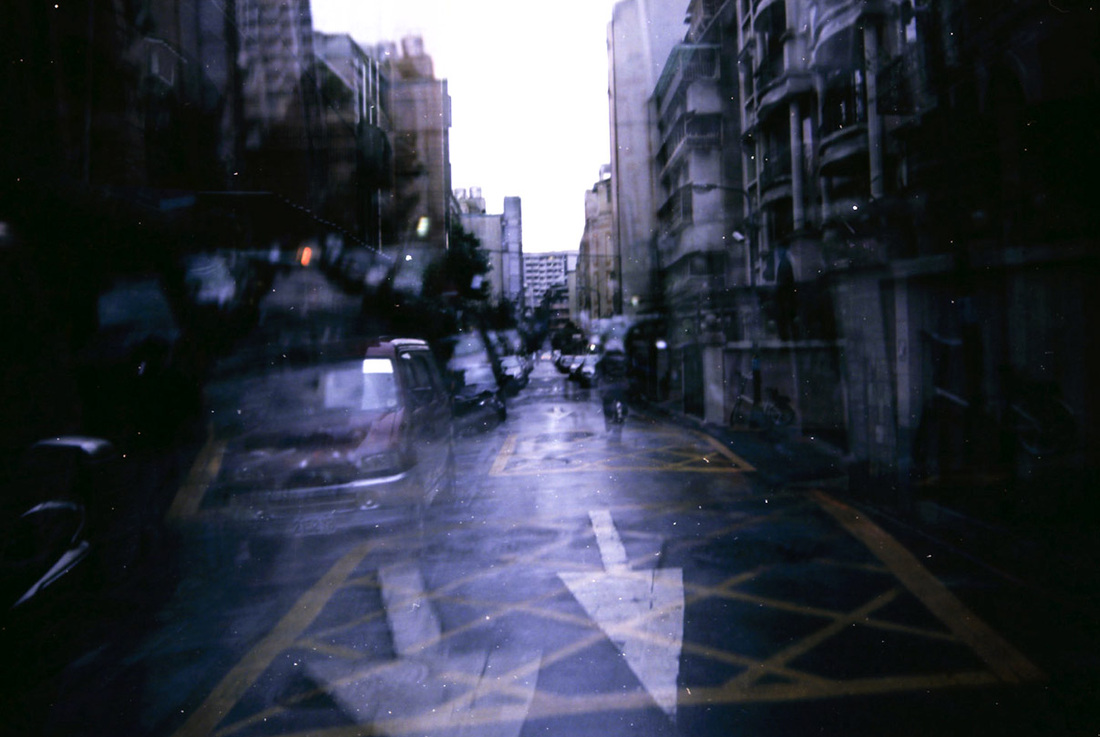
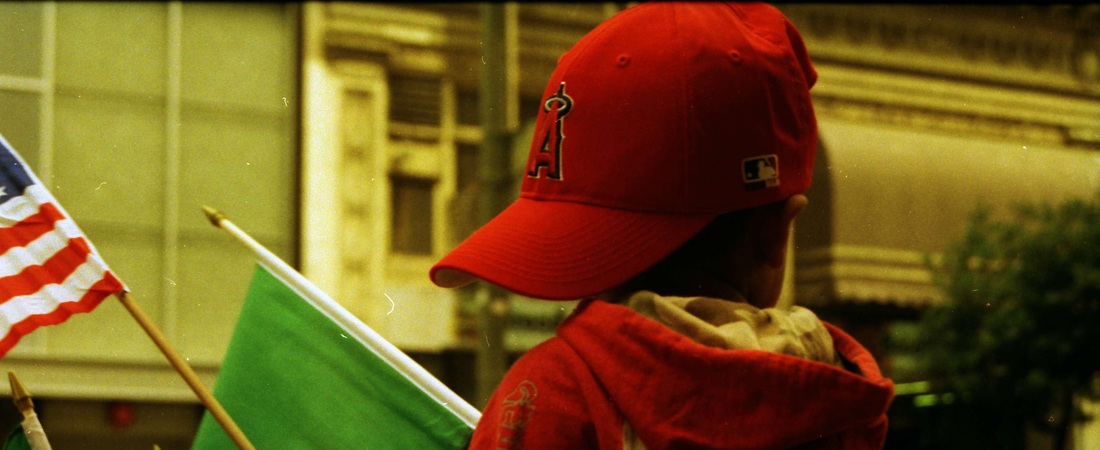
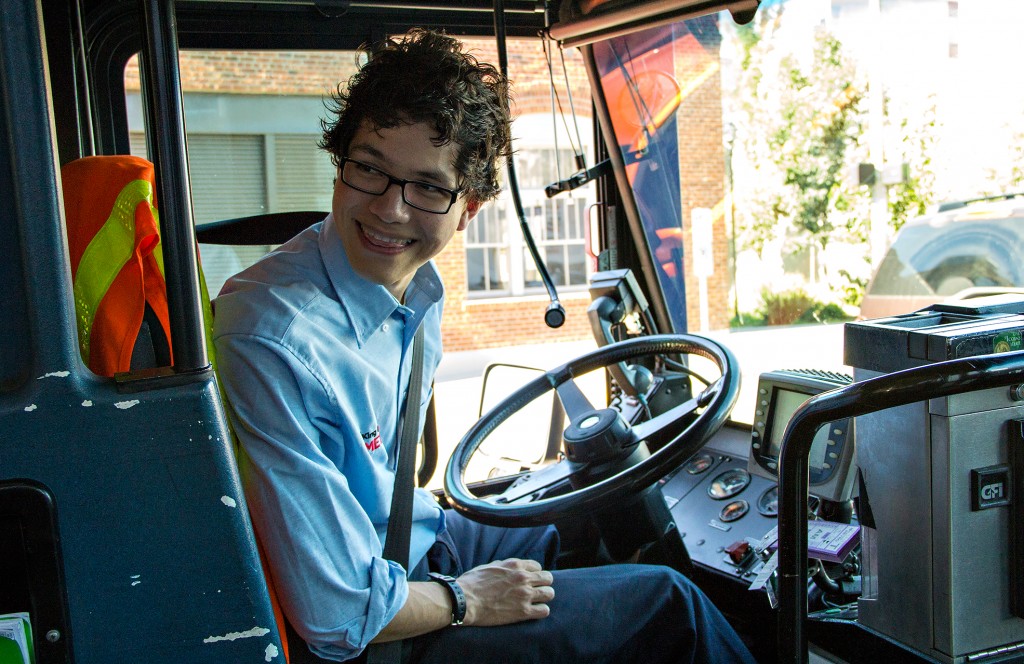
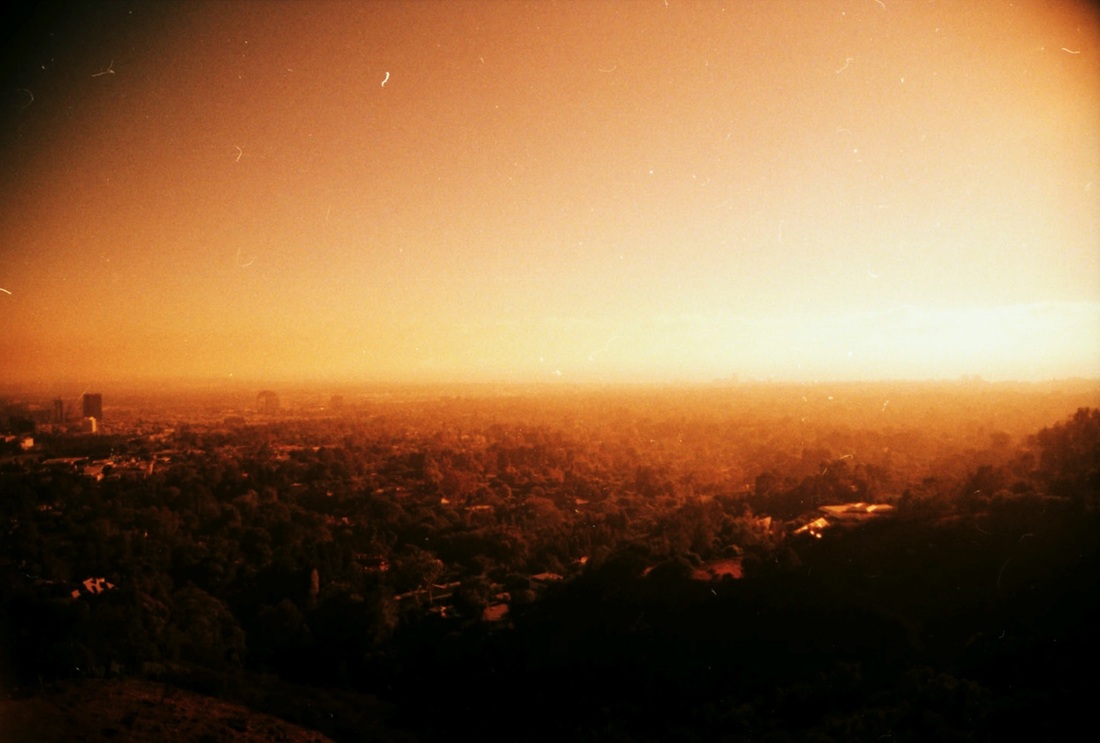
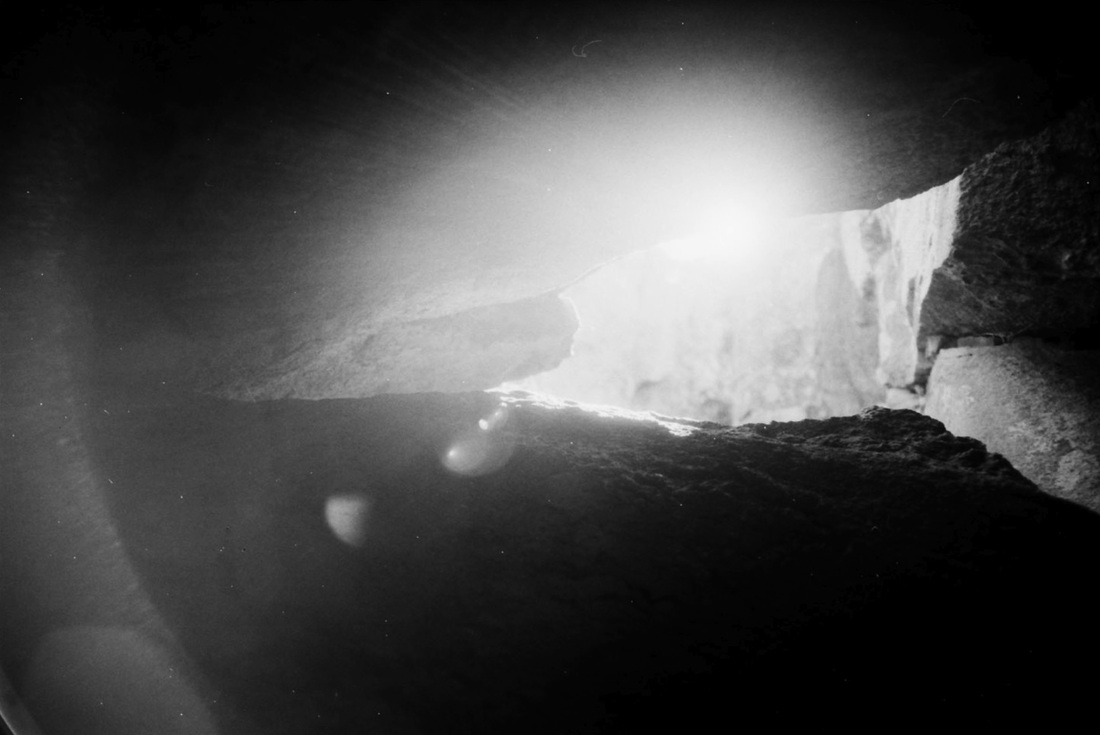
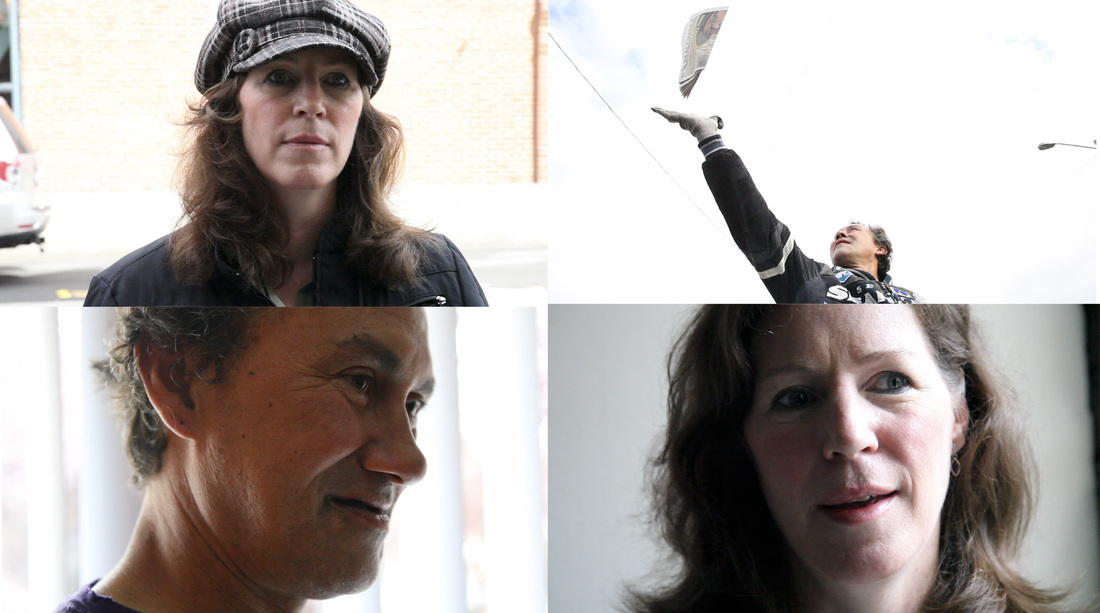
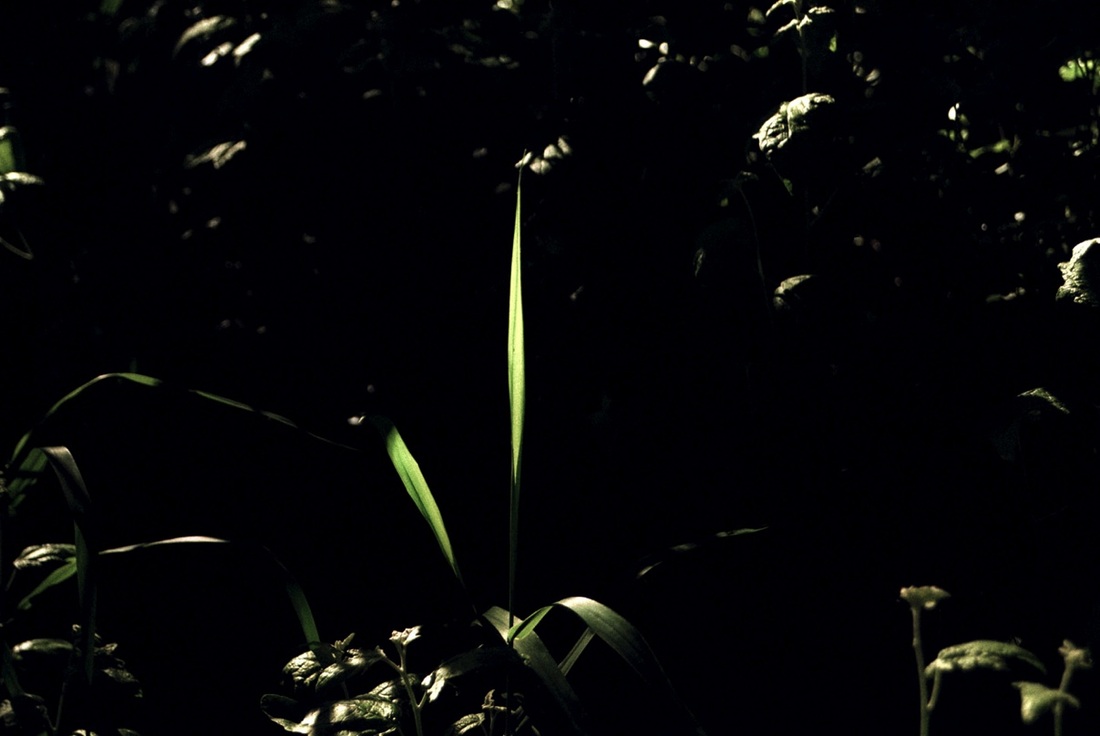
 RSS Feed
RSS Feed
